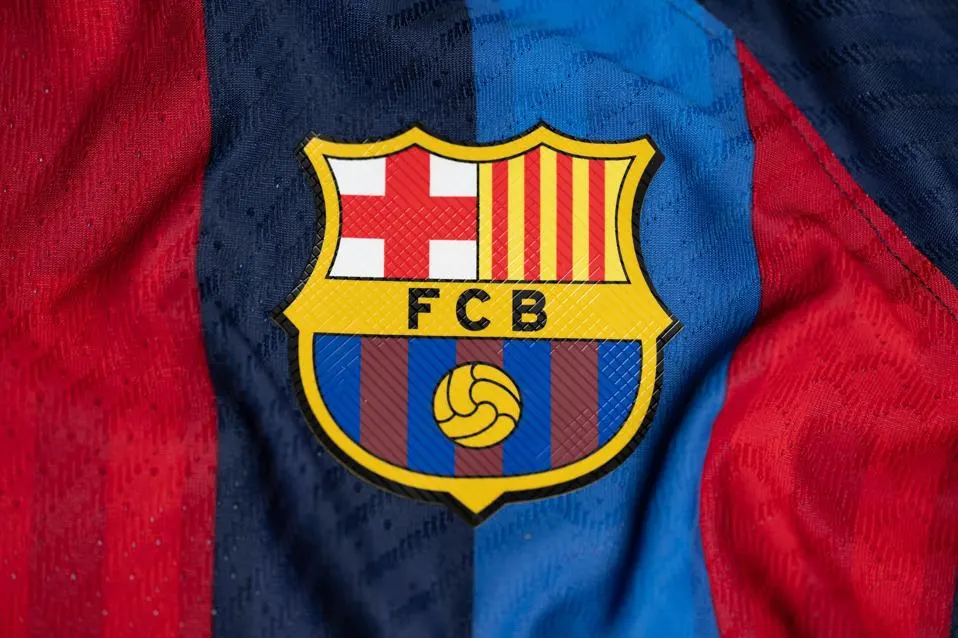
As of March 5, 2025, FC Barcelona is navigating a demanding schedule that requires meticulous squad rotation to balance their domestic and European commitments effectively. Under the leadership of manager Hansi Flick, the team faces the challenge of maintaining peak performance across La Liga and the UEFA Champions League. This article explores Barcelona’s strategic approach to squad rotation, key player considerations, and the impact on their pursuit of success in both arenas.
The Necessity of Squad Rotation
Barcelona’s fixture congestion necessitates a robust squad rotation policy. With five games in 14 days, including crucial matches against Real Sociedad in La Liga and Benfica in the Champions League, managing player workload is essential to prevent fatigue and injuries. Flick has acknowledged this pressing need, stating that rotation is imperative to maintain competitiveness across all competitions.
Recent Rotations and Tactical Adjustments
In the recent La Liga match against Real Sociedad, Flick implemented strategic rotations to preserve player fitness for the upcoming Champions League fixture. Notably, Dani Olmo was introduced into the midfield, replacing Gavi, who was sidelined due to a fever. This adjustment underscores Flick’s commitment to utilizing the depth of his squad to navigate the packed schedule effectively.
Key Players in the Rotation Strategy
Several players are pivotal in Flick’s rotation strategy:
-
Gavi: The young midfielder’s recent illness has made him a doubt for the Champions League clash against Benfica. His potential absence highlights the importance of having versatile midfield options.
-
Dani Olmo: Demonstrating adaptability and skill, Olmo has seamlessly integrated into various midfield roles, providing creative flair and stability. His recent performances have been instrumental in maintaining the team’s momentum.
-
Iñigo Martínez: The defender has been rotated into the starting lineup, offering fresh legs and experience to the backline. His inclusion ensures defensive solidity during this congested period.
Impact on Team Performance
The strategic rotation has yielded positive outcomes, with Barcelona maintaining their position at the top of La Liga. The ability to rest key players while securing vital points demonstrates the effectiveness of Flick’s approach. However, the upcoming Champions League fixtures will test the squad’s depth and resilience.
Challenges and Considerations
Despite the benefits, squad rotation presents challenges:
-
Team Cohesion: Frequent changes can disrupt on-field chemistry. Flick must balance rotation with maintaining a cohesive unit.
-
Player Morale: Ensuring all players feel valued and match-ready requires careful management to prevent dissatisfaction.
-
Injury Management: Monitoring player health is crucial to avoid overexertion and potential injuries.
Looking Ahead
As Barcelona advances in both domestic and European competitions, the emphasis on effective squad rotation will intensify. The ability to adapt tactics and lineups while preserving player fitness will be critical to sustaining their pursuit of titles.
Conclusion
Barcelona’s approach to squad rotation under Hansi Flick reflects a strategic effort to balance the demands of La Liga and the Champions League. By leveraging the depth of their roster and implementing tactical adjustments, they aim to maintain peak performance across all fronts. The upcoming fixtures will serve as a testament to the efficacy of this strategy.
Football enthusiasts can support FC Barcelona and stay connected with the team’s journey through the MBS66 platform, a dedicated space for fans to engage and show their unwavering support.